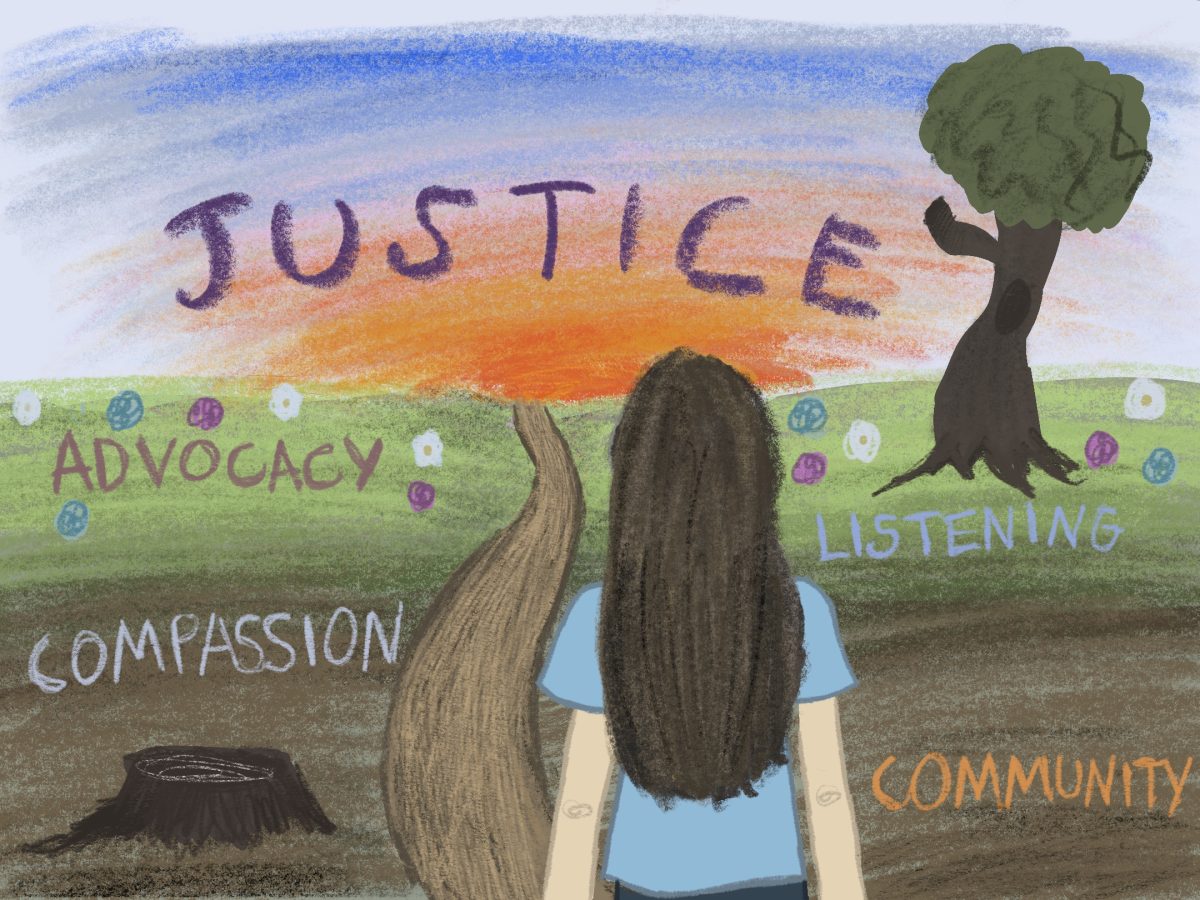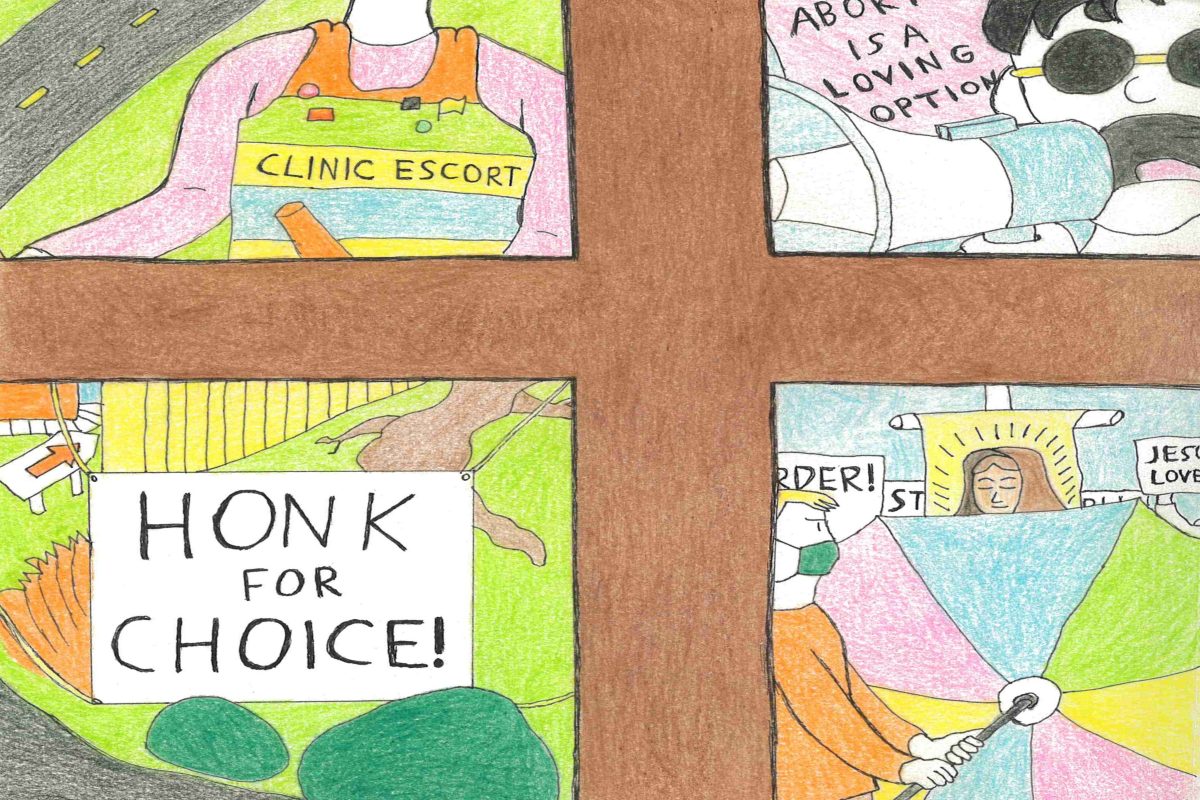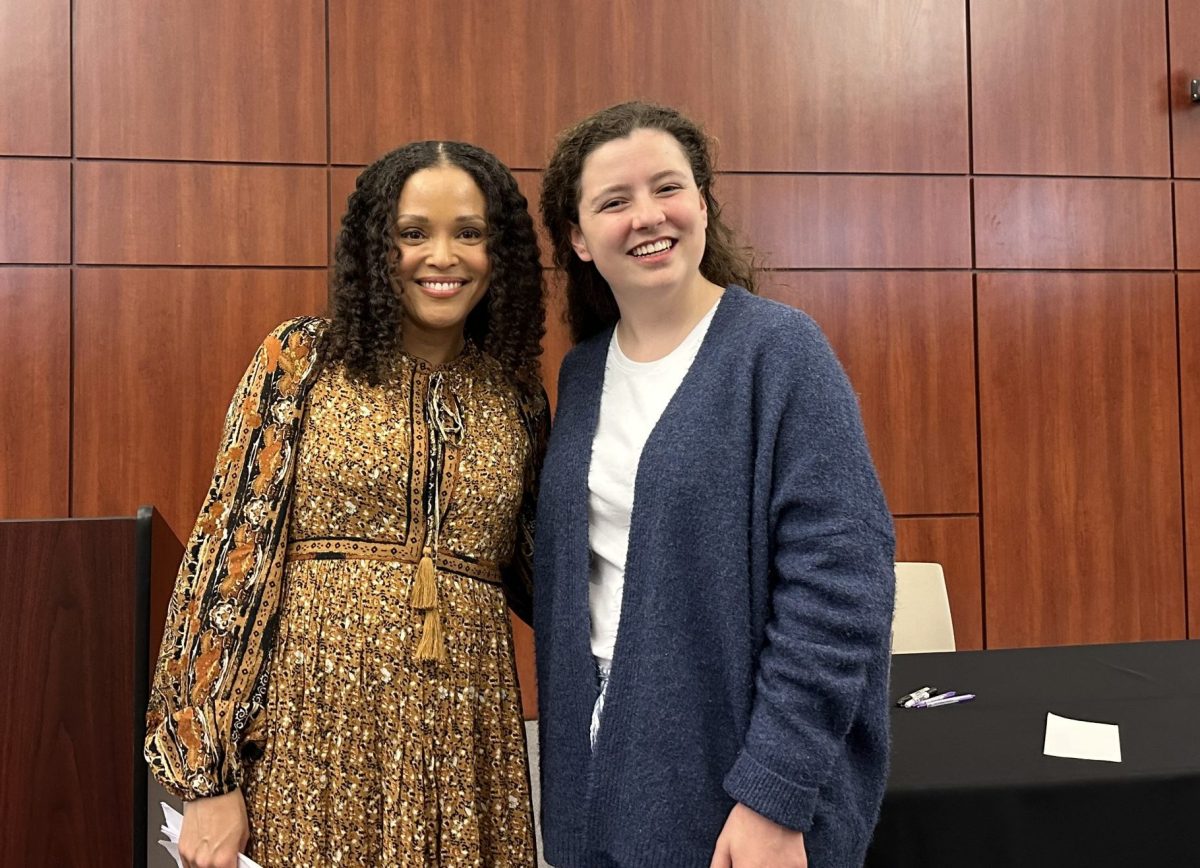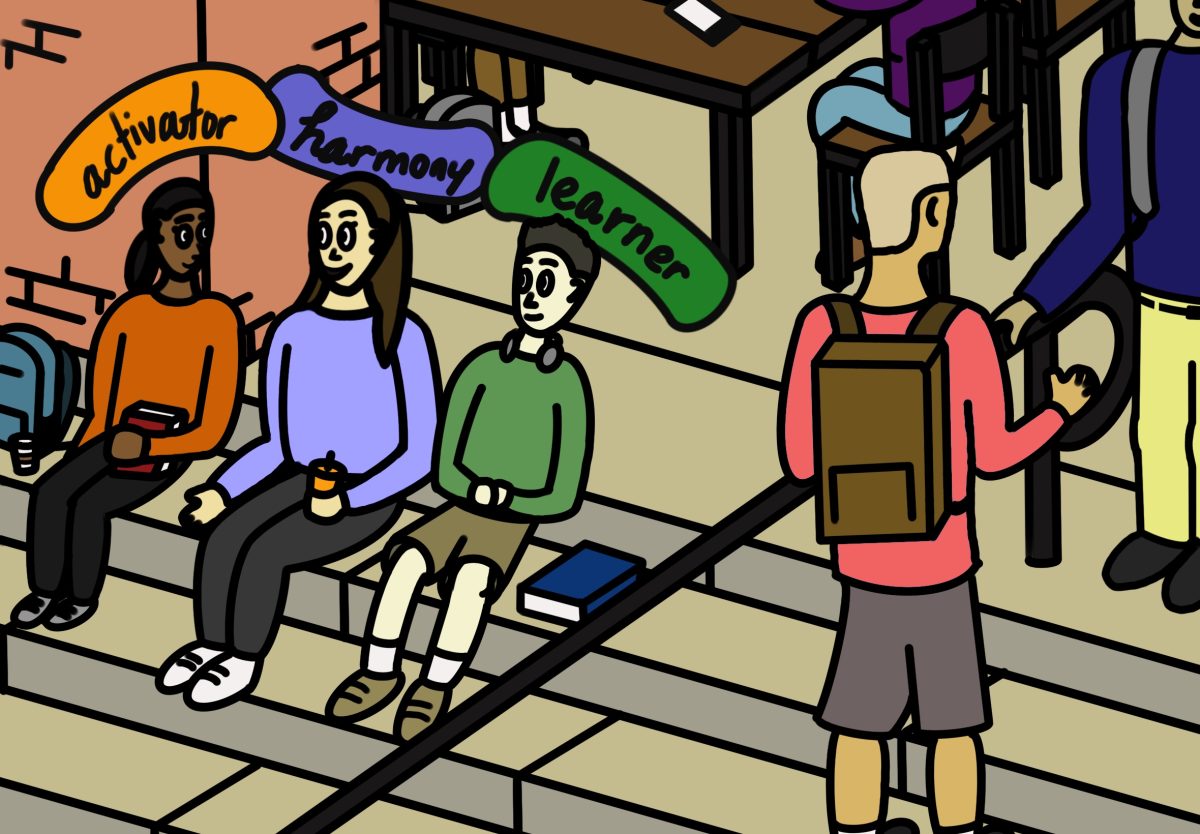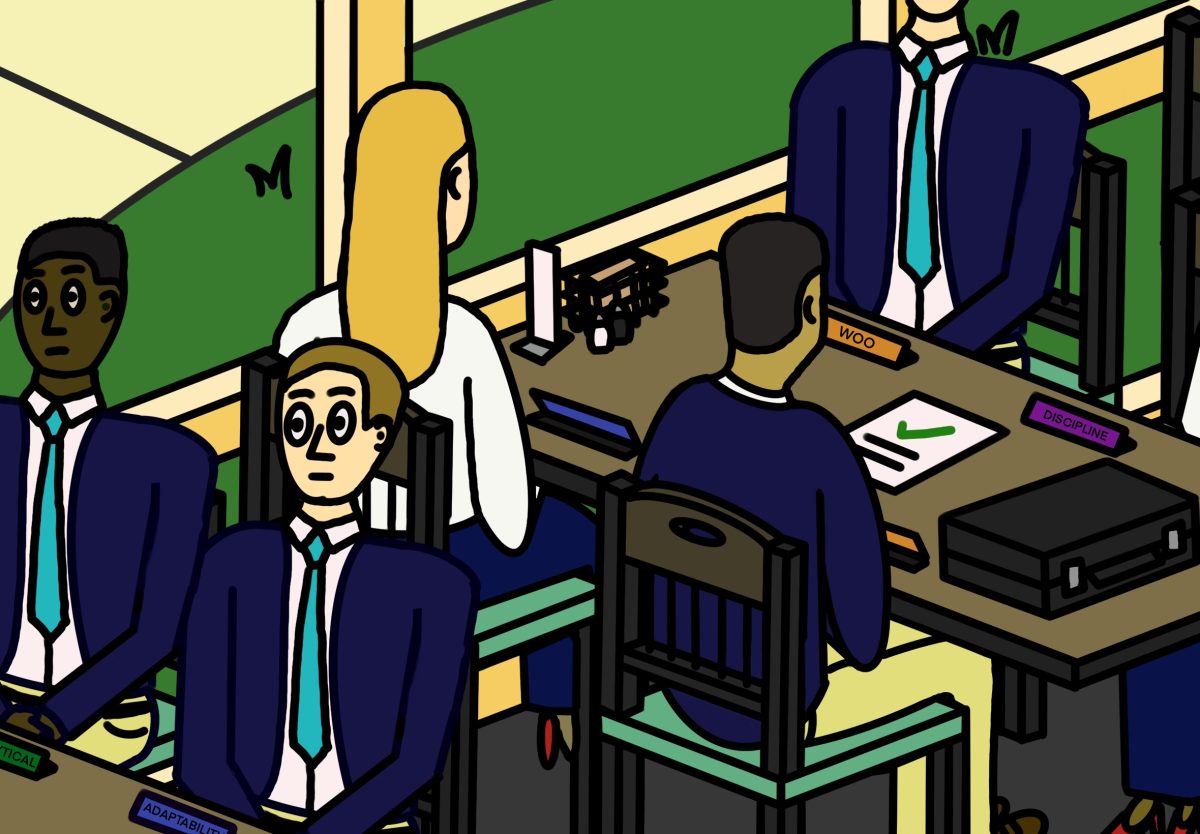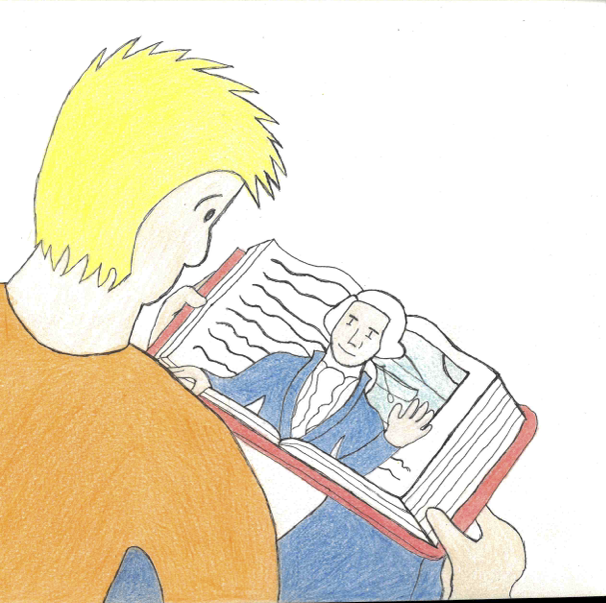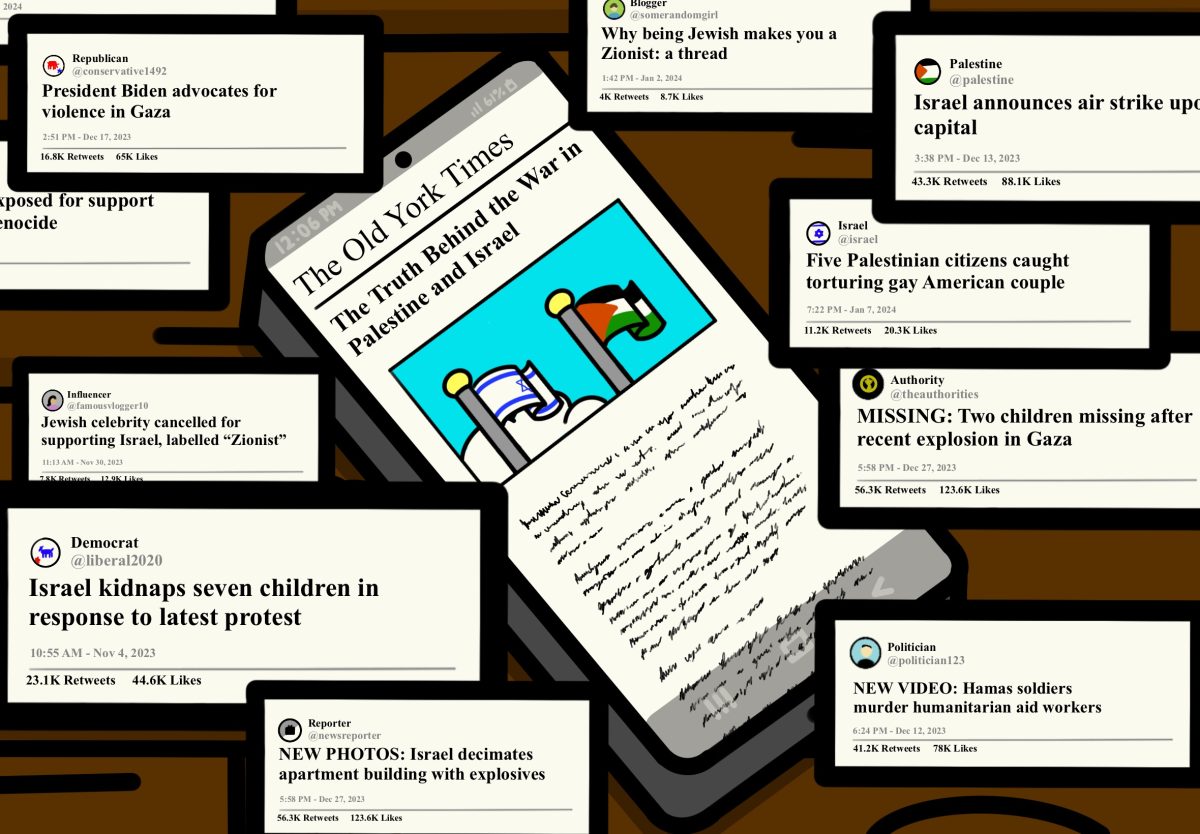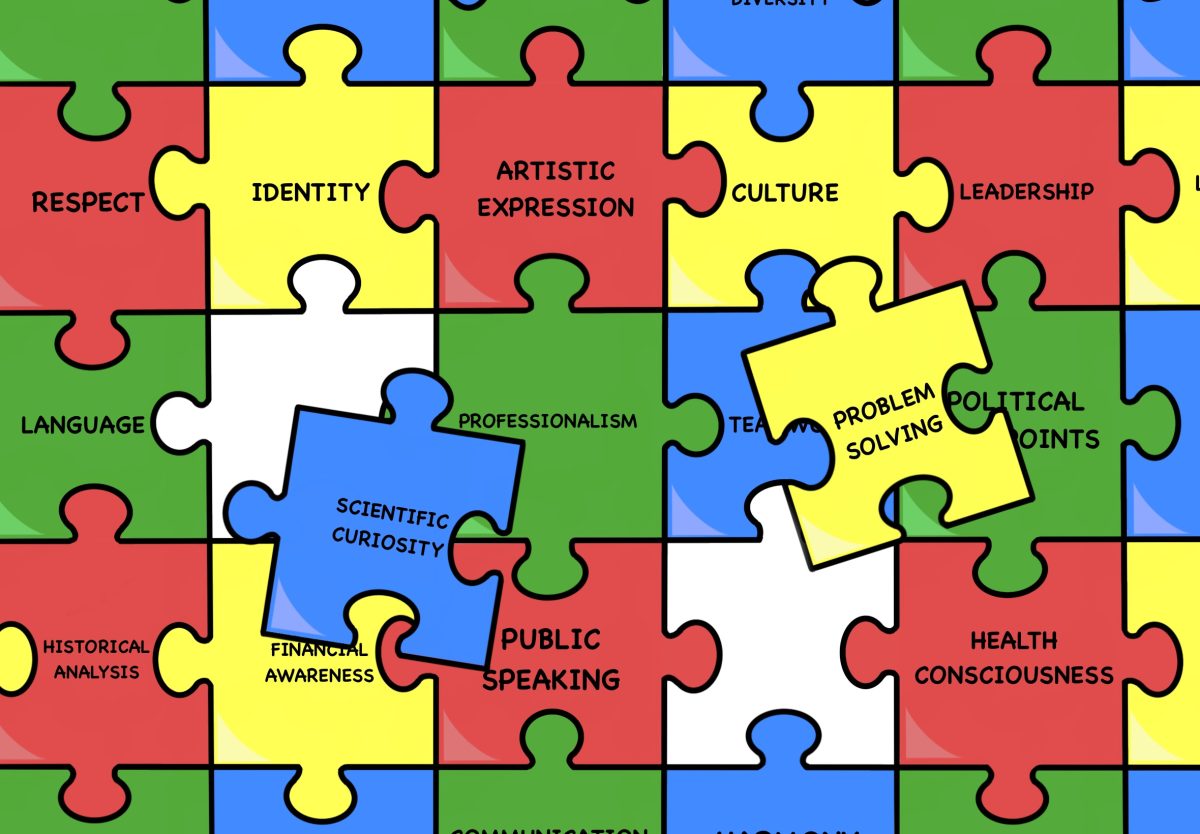As students have adjusted to being in college during a pandemic, we have all been trying to figure out what the new normal looks like. For those of us who have chosen to live on campus this fall, this means attending socially distanced in-person classes and figuring out safe ways to socialize with our peers. Our day-to-day lives look different, and we all maintain varying levels of precaution and sensitivity with respect to the risk presented by the pandemic. However, it is important to remember that everyone is doing their best to navigate a period of uncertainty that we never expected to face. While others’ actions may, in some cases, put the rest of our community at risk, shaming this type of behavior is not an effective tool to curb the spread of COVID-19 on campus. What it will do is promote a pessimistic campus environment, which will ultimately harm the overall mental health of our students.
In a recent NPR Short Wave podcast episode titled, “Why Shame Is a Bad Public Health Tool – Especially in a Pandemic,” host Madeline Sofia said, “Believe me. I get it. I’m frustrated and angry, too. After all, it’s been four months of this. We know the right things to do. And when you see someone not wearing a mask or groups of people hanging out close together, it’s easy to get mad.” She went on to interview Julia Marcus, an epidemiologist and professor at Harvard Medical School, about the role of shame in public health crises. Marcus argued that “as years of research on HIV prevention have shown, shaming doesn’t eliminate risky behavior – it just drives it underground.” Just as public health professionals have seen in their efforts to curb the HIV epidemic, shaming our fellow students at Furman for engaging in risky behavior is not going to force a course-correction. In fact, creating a culture of shame may even incentivize higher risk situations. Students who wish to avoid the shame of gathering with friends outside will still hang out with that group, but maybe in an indoor environment which is more susceptible to the spread of COVID-19.
Not only is shaming others an ineffective way to reduce the spread of COVID-19 on our campus, but it may also contribute to another important concern for college students: mental health. The American Psychological Association has recognized college students as an increasingly at-risk group for developing mental illness since long before the pandemic. Now, during a sudden global crisis, worries have only heightened.
Shaming someone can have lasting damage on that individual’s state of well-being. This doesn’t refer to holding an individual accountable for something that they did wrong – attending a party, for example. Rather, shaming means calling that person selfish, worthless, and disgusting for attending that party. This sort of rhetoric comments on the person as an individual, rather than simply serving as a reflection of their actions, and it is both harmful and unnecessary. Psychological research consistently links shame with a higher risk for developing mental disorders such as depression and anxiety. When it is coupled with the mental challenges brought on by the pandemic, shaming can be a catastrophic action.
I think that many of us can agree on one thing: we all want to be able to stay on campus throughout the fall and spring semester. If we are going to achieve this goal as a community, it is not going to be by tearing one another down. In doing our part for the community such as wearing a mask and socially distancing, we cannot forget the importance of being kind and considerate to our fellow students. Next time you see a student or a group of students engaging in risky behavior – such as gathering in a large group without masks – ask them kindly to please observe our campus’s rules of safety before jumping to the conclusion that they are egotistical and wholly disregarding of their larger community. Choosing kinder language can, and will, make all the difference.










